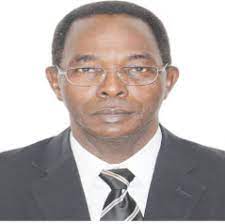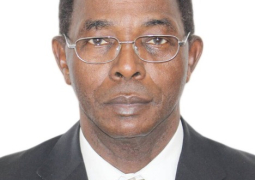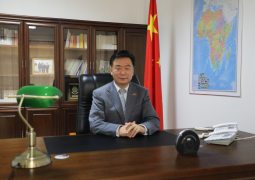
This transition happened whilst most of the main opposition Party UDP were in prison at Mile Two. Things started to fall apart when the big wigs of the UDP were released from jail to join their compatriots with the President Elect Adama Barrow. Once this political remarriage happened, the dynamics of the agreed Transition Agenda changed dramatically to the Political authority and leadership of the original UDP leader. The three year Presidency of Barrow was changed to a full five year term as said, ‘in accordance with the constitution.’
The UDP leadership was given almost free hand to select Ministers, Governors, Ambassadors, and other top government positions. It became widespread knowledge that the political authority in governance was in the hands of the UDP leadership. Political marriage was sweeter than honey at the time. The President had shown every intention to remain loyal to his Party UDP and its leader.
Many Gambians equally wondered and expressed concern that the Coalition government had been hijacked by the reunion of the freed UDP guard with the President. And rightly so, soon afterwards, some Coalition Ministers were fired from Government. The UDP decided to put up its own candidates in the Parliamentary elections that ensued after the Presidential elections. The other Parties to the coalition followed suit and put up their own candidates.
There was no tactical alliance as such. With sacking of the UDP bigwigs from government, the political divorce with President Barrow was effectively sealed in the political space. There were multiple reasons for such a divorce but in the end the authentic version is best known to President Barrow. What was politically calculated, however, was that both Barrow and the UDP leader have their eyes on the seat of power.
The political divorce has had inconceivable outcomes in the 2019 Presidential elections and in the 2023 Local government elections. All things being equal, it will be difficult for one to predict the outcome of the 2026 elections. The Price of the political divorce has been bitterly manifested in recent times between the NPP and UDP. Could this situation lead to a Coalition of like- minded Parties in the next race to the State House is politically plausible.
Most importantly, I believe the mood of the country in 2026 will determine the voting behavior of the electorates. It is to be stated that changes had taken place in the appointments of Ambassadors, Governors and other top government officials as a result of the Political divorce between the UDP influenced power in government and the executive authority of President Barrow.
In the process, we have seen the heavy politicization of the Civil Service which has impacted to a large extent the effective and efficient service delivery. When professionalism and technocratic competences are weakened in the administrative system, the implementation of the National Development Plan becomes constrained and policy decisions often are ill- conceived. Hence the many cases the government lost in the courts, the Bills that suffered setbacks in Parliament and the many missed opportunities in the international Arena, as a result of poor diplomatic engagements and the continued bitter political exchanges in the democratic process, etc among others. The Price of Political Divorce has proved costly to the Nation.
How to ensure a politically stable environment for good governance and sustainable development must be borne in the minds of every Gambian.




